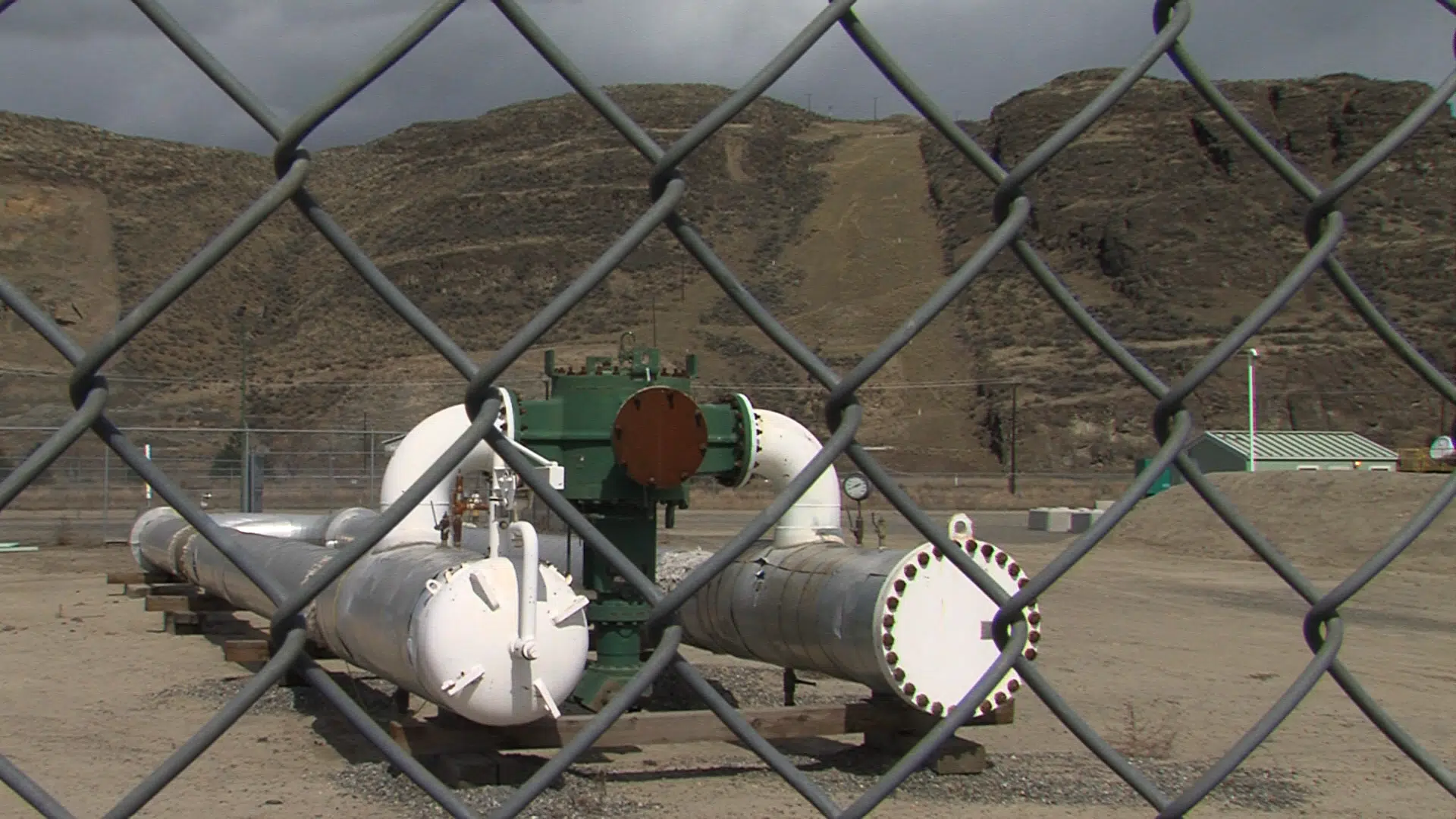
Going behind the headlines to get the whole story
HEADLINES are a good way of finding out if we want to read a news story. But the news story itself is filtered by the writer based on his or her idea of which facts are worth knowing about.
Three news stories this week have some interesting background to them that either isn’t obvious or hasn’t been explored.
The week began with the oil “spill” at the Trans Mountain station in Darfield north of Barriere. It was reported that a spill of 100 litres had taken place on Sunday. It was more like a leak, but we like to think about oil in terms of spills, as if it always splashes onto the ground from some container.
Kinder Morgan calls it “a release.” A lot of people were indignant that it was reported at all, many comparing it to the amount of fuel it would take to fill up their vehicles with fuel.


